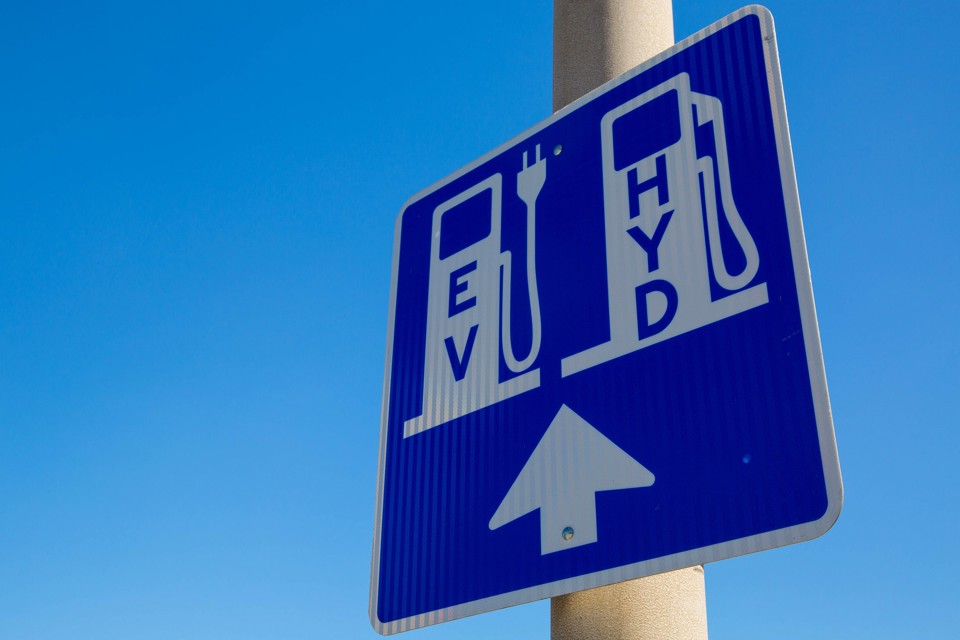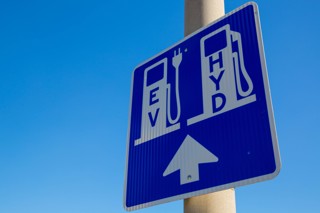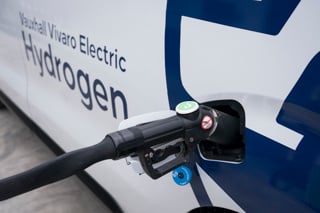A new Dynamic Purchasing System (DPS) has been launched to support local authority fleets to adopt hydrogen fuelled vehicles.
It’s the result of a partnership between The Procurement Partnership (TPPL) and the Highland Council and is available to all councils and the wider public sector across the UK.
The new DPS enables public bodies to procure the latest low and zero carbon hydrogen infrastructure, in addition to the ongoing supply of hydrogen as a zero-carbon fuel.
James Brennan, TPPL director, said: "This new national hydrogen procurement solution forms part of TPPL’s wider focus on helping public sector bodies increase the efficiency and effectiveness of their air handling processes, enabling them to make sustainable improvements in their environmental impact"
The scope covers a variety of temporary and permanent infrastructure solutions ranging from mobile refuelling solutions, mini hydrogen dispensers, self-contained hydrogen refuelling units, on-site stored hydrogen containers, hydrogen refuelling stations and hydrogen production plants including regional hubs.
The contract is scoped to include electric vehicle charging infrastructure and the recycling or repurposing of Electric Vehicle Batteries. It is also set to support vehicles and residential properties, including hydrogen supplied into a closed/private network grid.
The ongoing hydrogen supply for vehicle fuelling category includes; Grey, Blue, and Green hydrogen, and also hydrogen produced from nuclear (Pink) sources.
Cllr Trish Robertson, chair of the Council’s Economy & Infrastructure and the Climate Change Working Group, said: “Interest in hydrogen is increasing day by day, and the potential it offers to decarbonise many public sector operations is huge. The Highland Council is delighted to be working with The Procurement Partnership to deliver a solution which will make this transition much easier for public sector partners across the country.”
The Government says hydrogen could play an important role in decarbonising polluting, energy-intensive industries like chemicals, oil refineries, power and heavy transport like shipping, HGV lorries and trains, by helping these sectors move away from fossil fuels. The resulting UK-wide hydrogen economy could be worth £900 million and create more than 9,000 jobs by 2030, potentially rising to 100,000 jobs and worth up to £13 billion by 2050.





















Login to comment
Comments
No comments have been made yet.